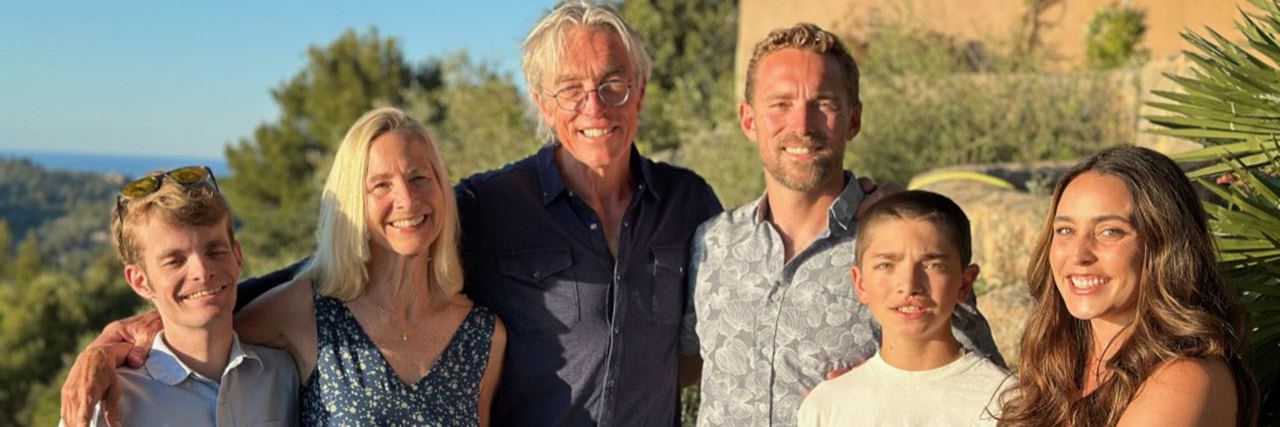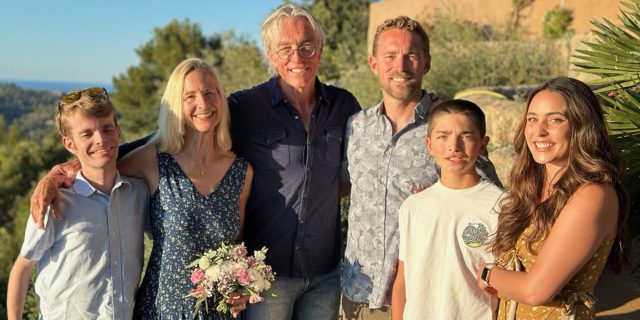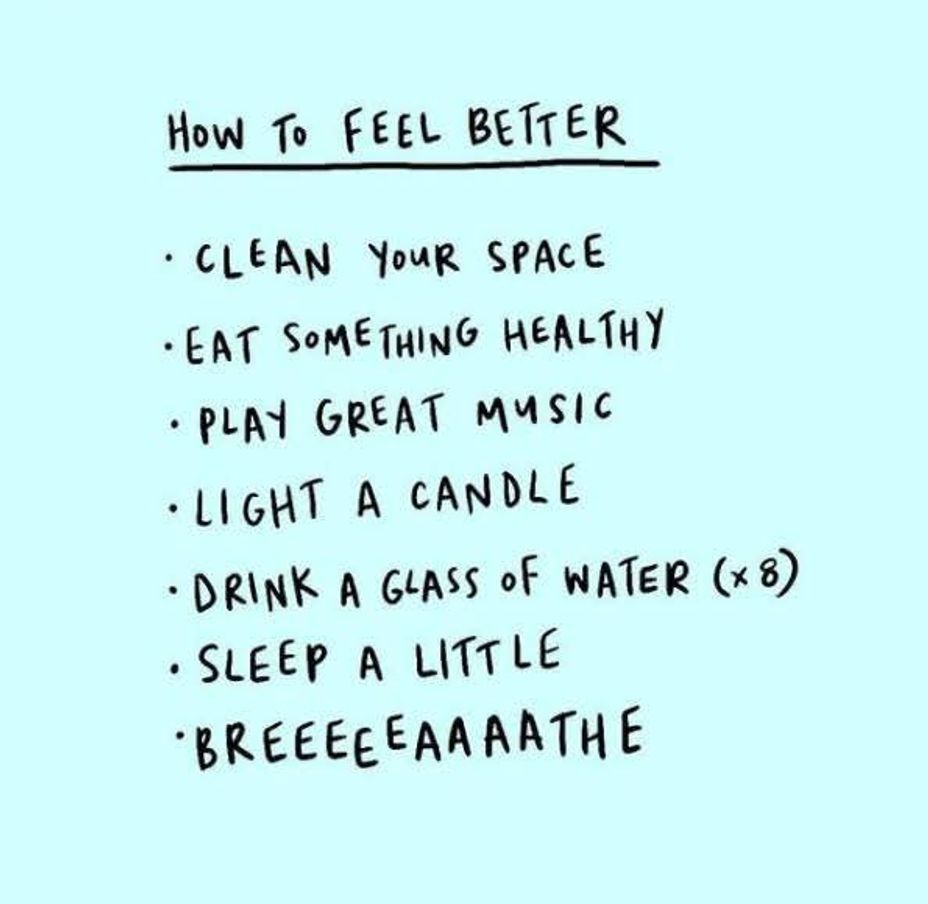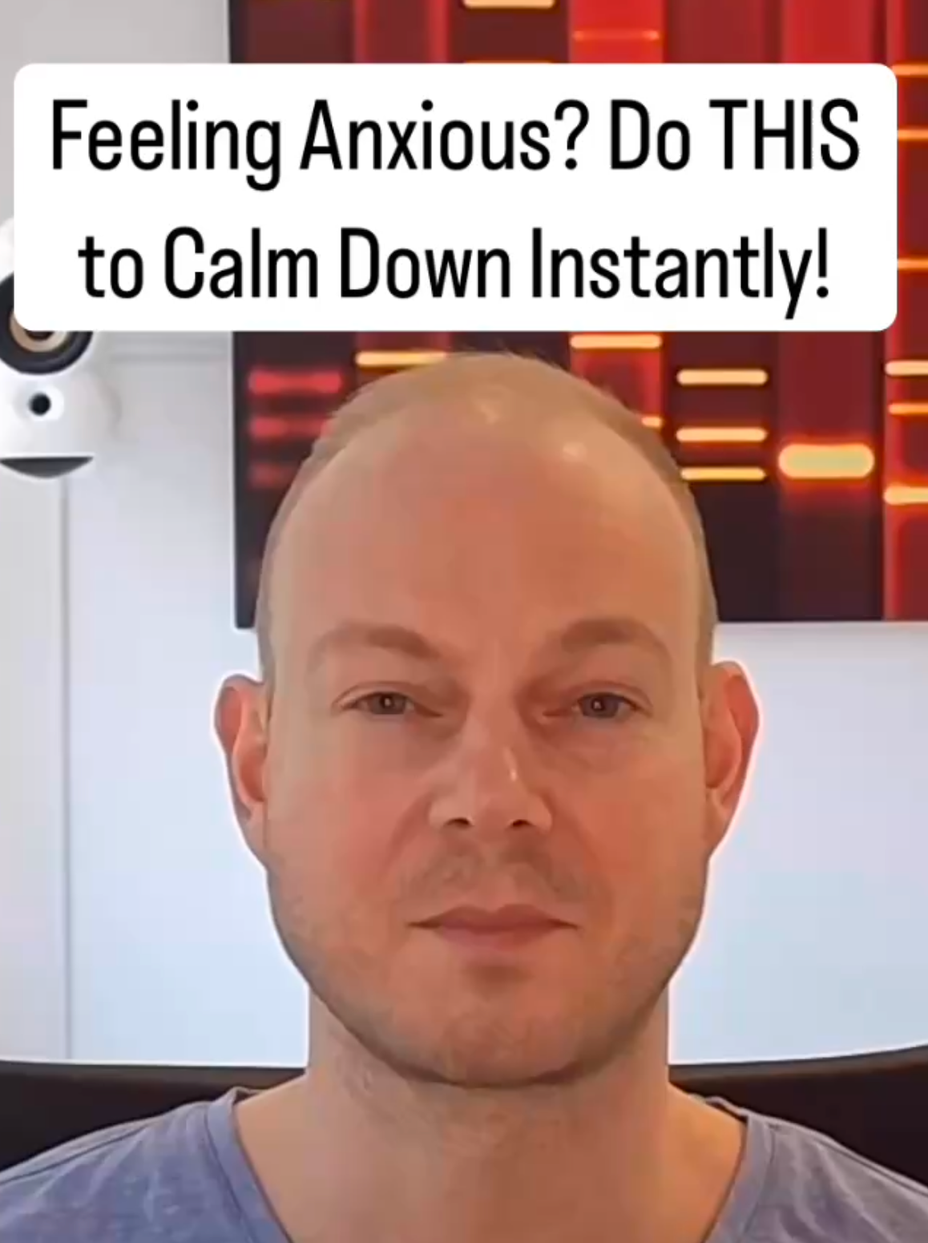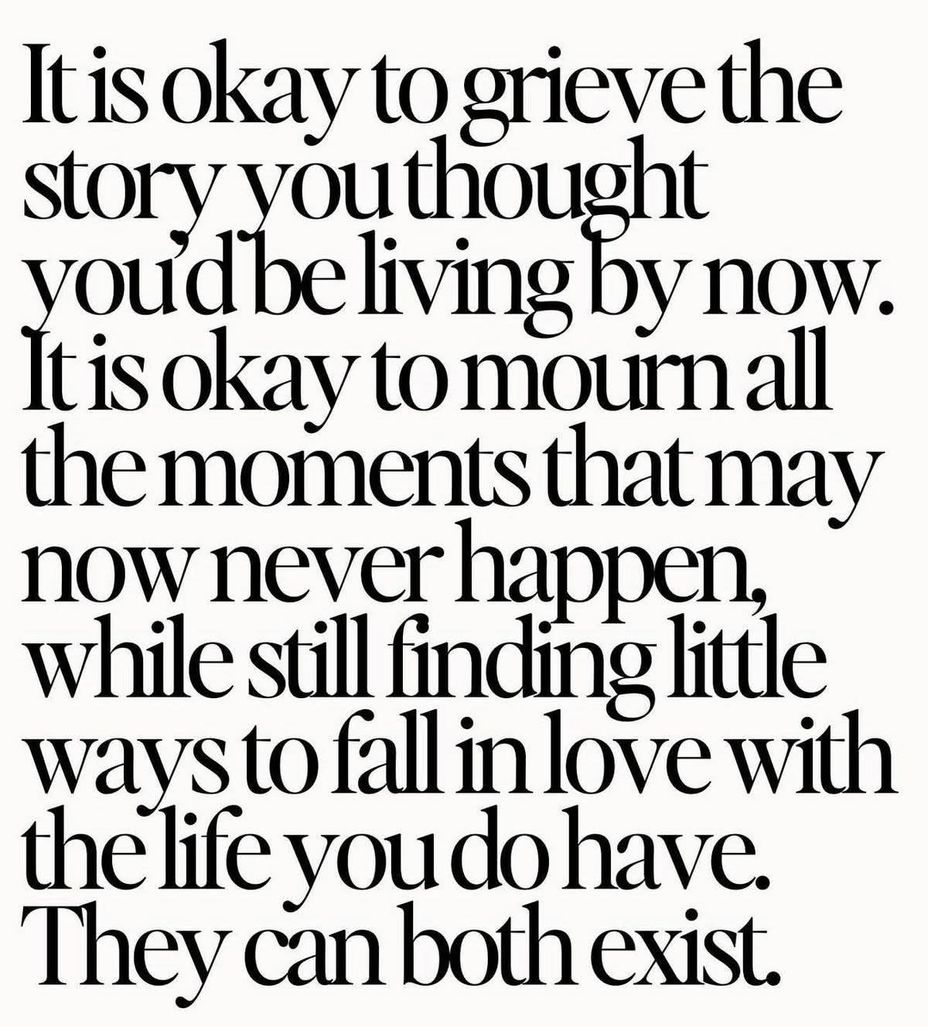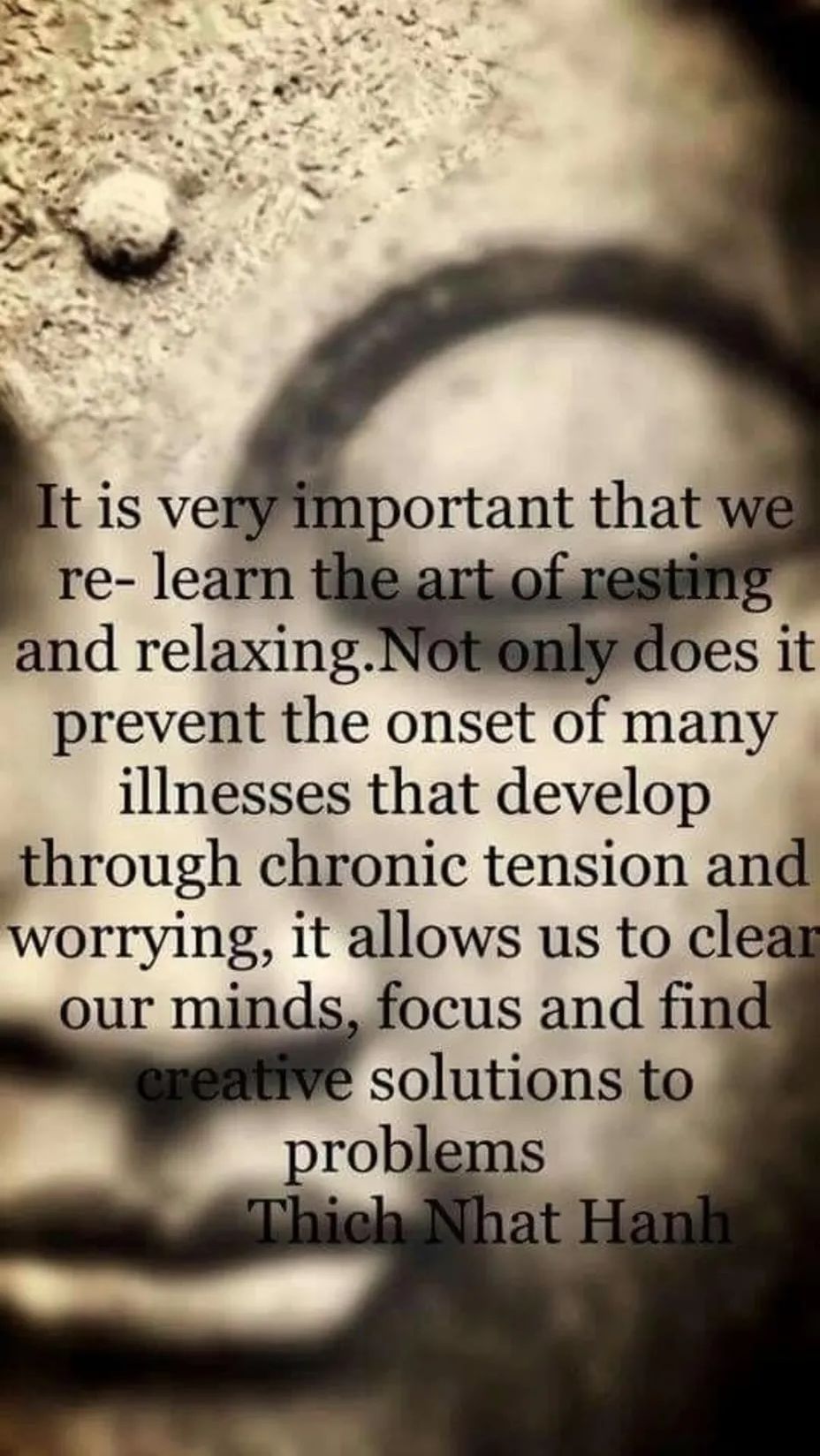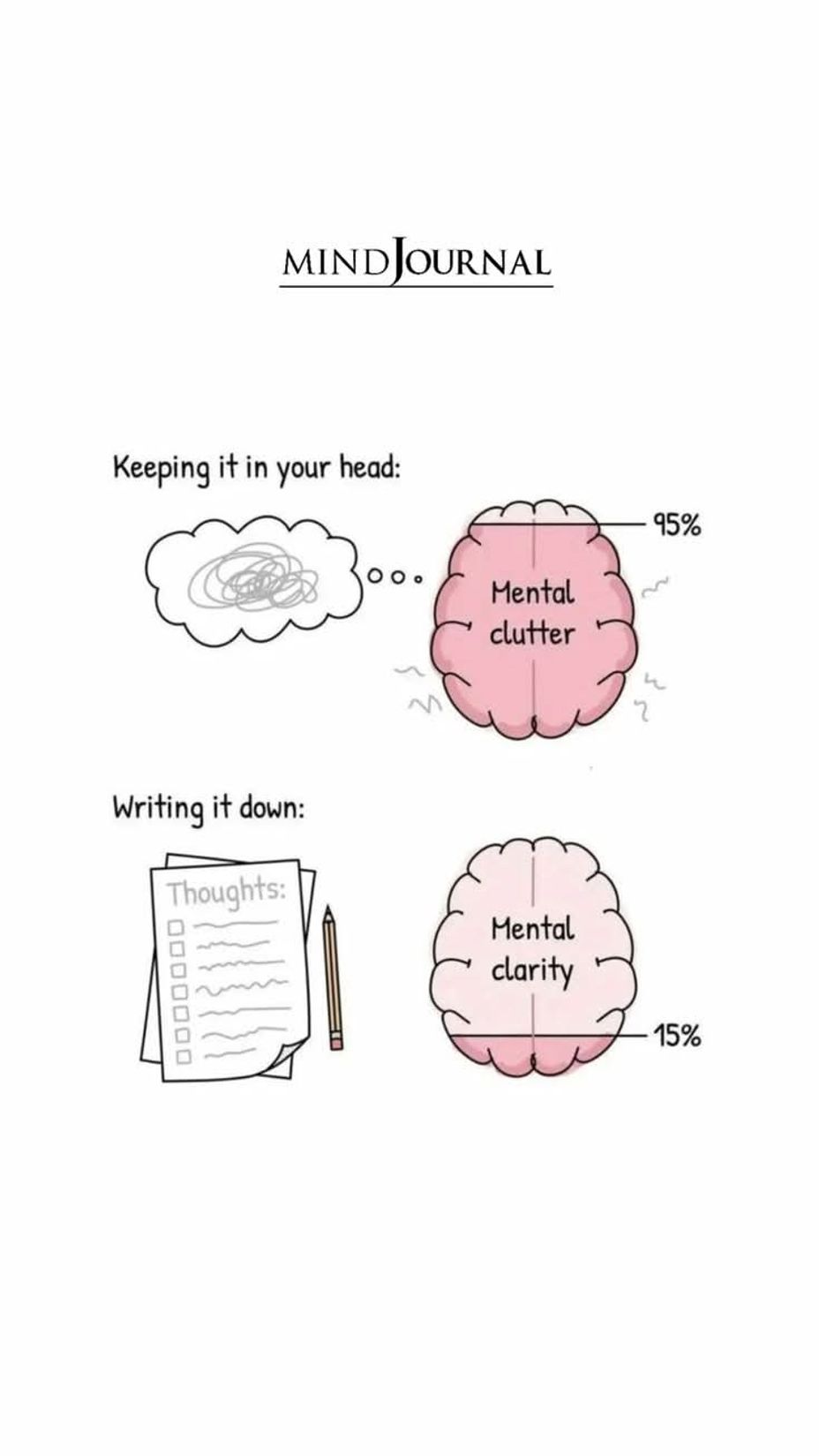A Personal Interpretation of My Most Recent Depressive Episode
This account is not written for formal academic publication. It is shared solely to foster deeper understanding among researchers and loved ones of individuals living with Major Depressive Disorder (MDD). To preserve the raw authenticity of my lived experience during the episode, the text has been deliberately left unedited and unrevised.
— Javad Gholami, 48-year-old male diagnosed with treatment-resistant Major Depressive Disorder (MDD) and psychogenic non-epileptic seizures (PNES), M.A. in General Psychology, University of Tehran (Center Branch), programmer, author and researcher
Imagine a thousand-kilogram press crushing your body—your bones feel as if they are breaking, yet no physical fracture exists. Only the pain is real. In this state, you perceive that the world has ended: no living being remains, no trees, no creatures—not even God. You harbor no hope for anything. You want to scream, to cry out, but you lack even the capacity to do so.
You enter a dough-like state. For three days—or perhaps more—you neither eat, nor sleep, nor speak. You possess only vegetative existence, trapped in a limbo. In this condition, when an ant crawled across my foot, its mere weight caused me excruciating pain—yet I lacked the strength to brush it away. I could only cry from the pain.
After several days, the mind begins severing its connections to reality to avoid complete psychological collapse. You hear voices weeping, pleading for your help. Whispers in your ear insist you possess great power—you could free yourself from this state. In this peak phase of the episode—psychotic depression—it remains uncertain what will happen next: perhaps suicide, perhaps retreat into a hallucinatory world.
Yes, the nature differs fundamentally. A cancer patient, until their final breath, hopes for a miracle to survive. But the severely depressed patient pleads for death—and even that mercy is denied.
"During my most recent episode, when I left the gas stove running to suffocate myself— I had torn open the wounds on my feet, placed pieces of bread that had fallen on the floor into my own blood, and eaten them—an involuntary act."
This is the reality of treatment-resistant Major Depressive Disorder with psychotic features.
And after each episode passes, you feel as if you have aged ten years—living only in dread of the next attack.
"This post is solely for a better understanding of major depressive patients"
